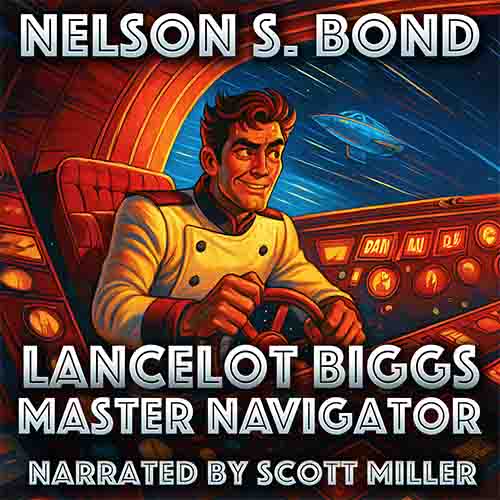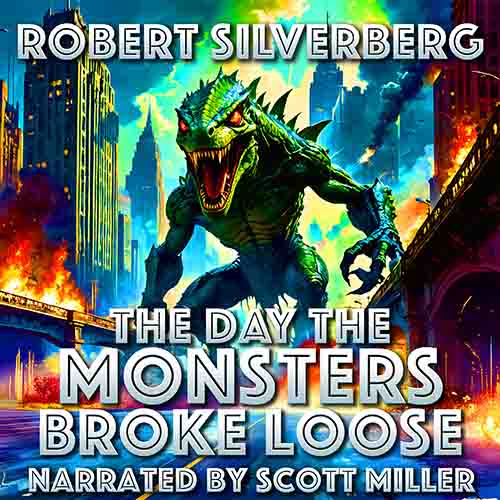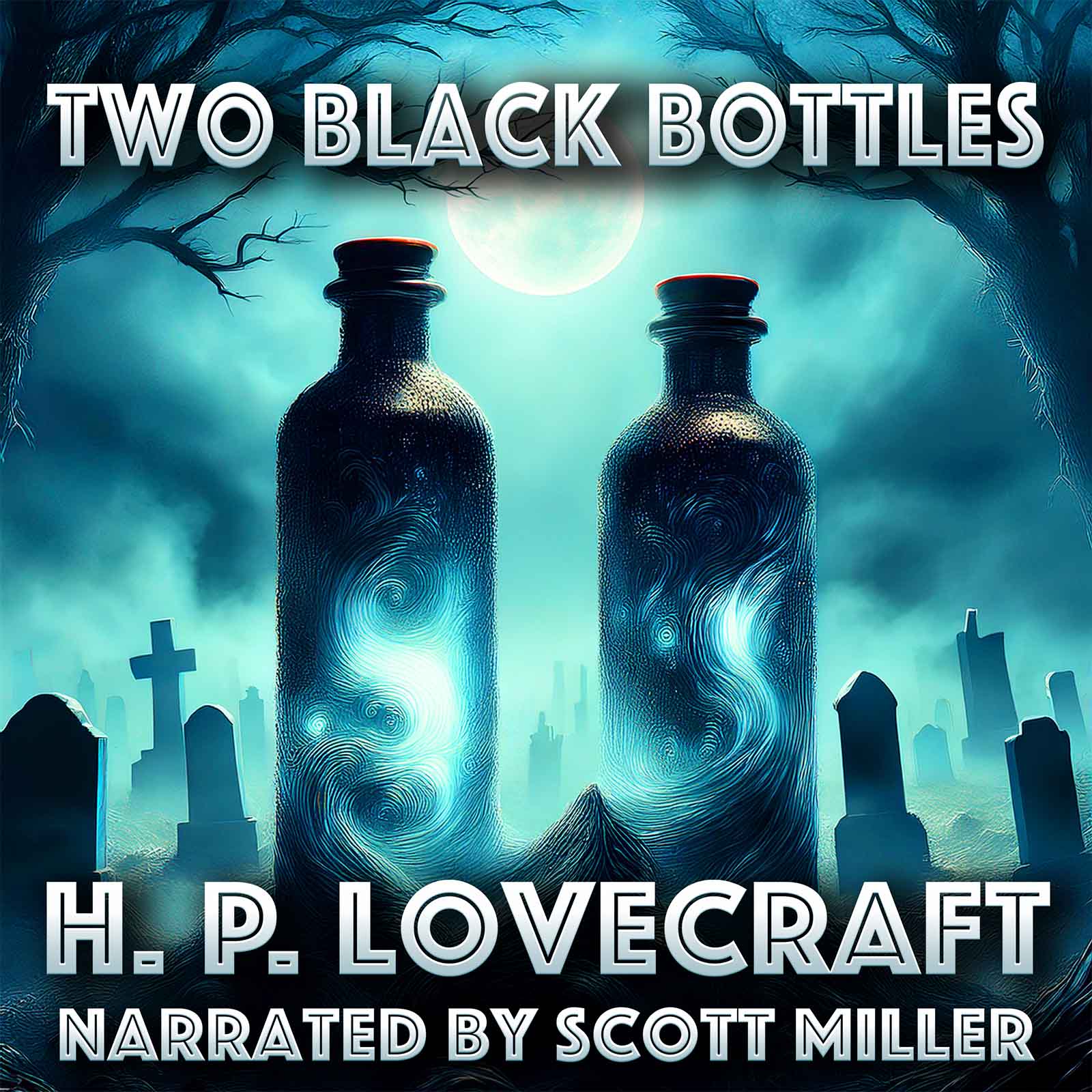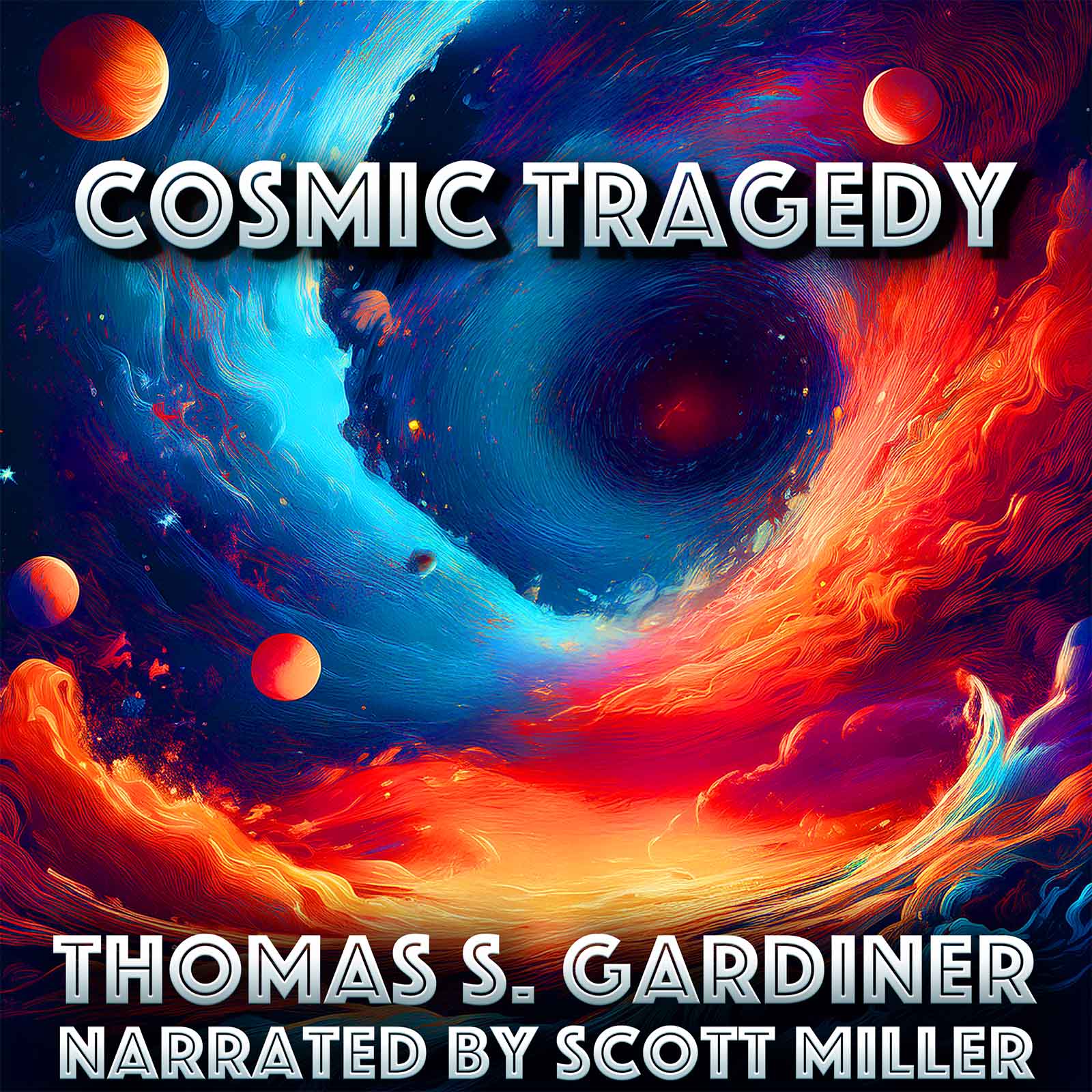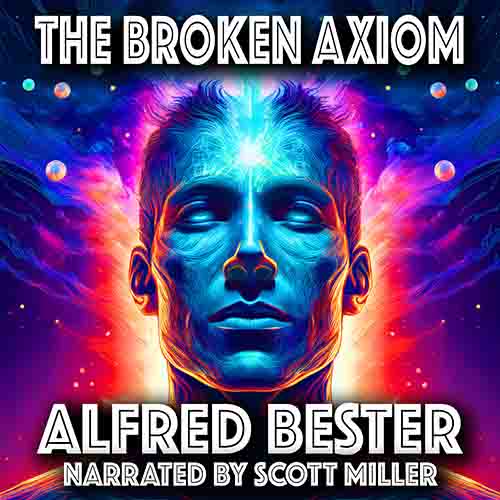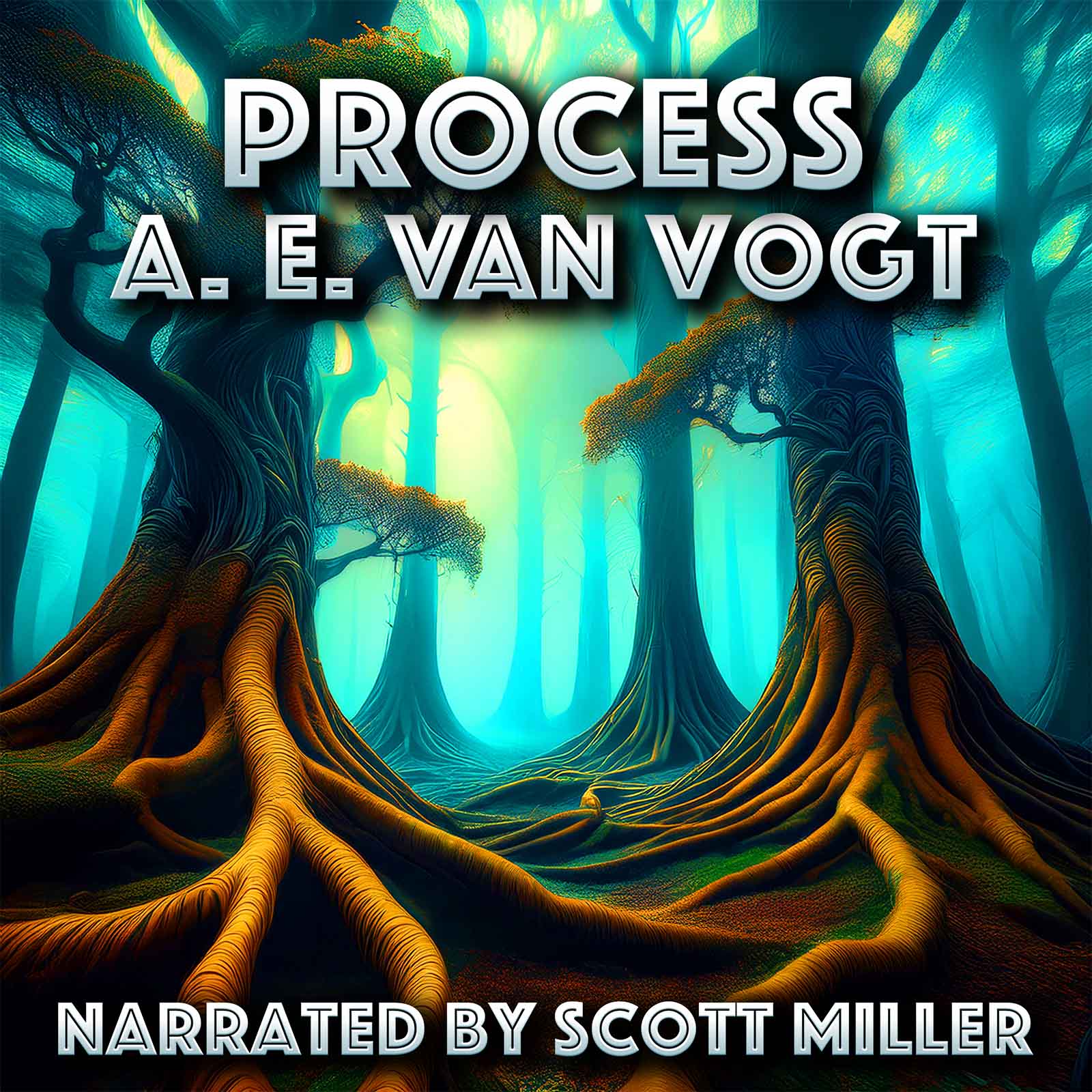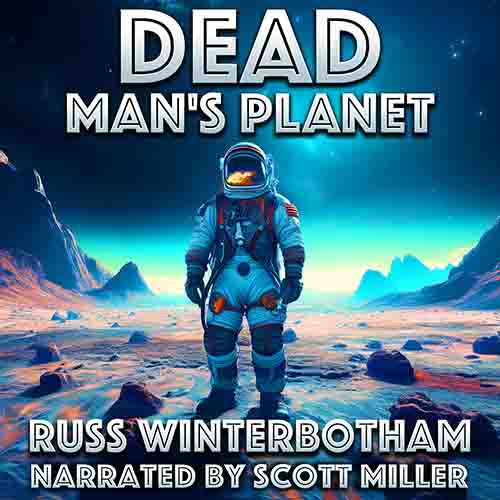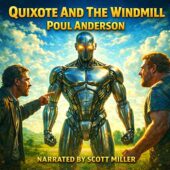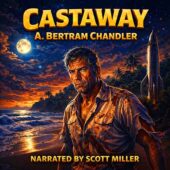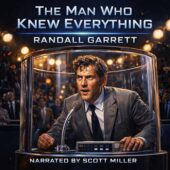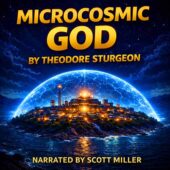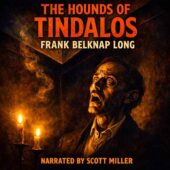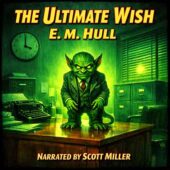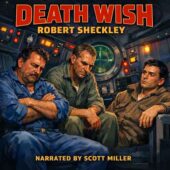Alfred Coppel

Biography
Alfred Coppel (1921–2004) was an American author best known for his versatile career spanning science fiction, fantasy, thrillers, and political novels. Born Alfredo José de Ávila-Coppel in Oakland, California, he served as a fighter pilot in World War II, an experience that deeply shaped his writing and lent authenticity to his depictions of war, aviation, and technology. After the war, he began publishing science fiction stories under his own name and a variety of pseudonyms, quickly earning a reputation as one of the more imaginative voices to emerge in the 1950s pulps.
Coppel’s early science fiction appeared in magazines such as Planet Stories and Astounding Science Fiction, often exploring themes of war, identity, and humanity’s destiny in the cosmos. His novella Dark December (1960), later expanded into a novel, depicted a grim post-nuclear landscape and is still remembered as one of his most powerful speculative works. Under the pseudonym Robert Cham Gilman, he wrote the Glory Game trilogy (The Glory Game, Glory’s War, and Glory’s End), space operas blending adventure, politics, and military science fiction. He also wrote stories as A. C. Marin and other pen names, a common practice in the pulp era.
Beyond genre fiction, Coppel found success with political and techno-thrillers. His novel The Burning Mountain (1983) presented an alternate history of World War II in which the United States invaded Japan without using the atomic bomb, combining his wartime knowledge with his gift for suspense. In thrillers such as Thirty-Four East and The Apocalypse Brigade, he tackled contemporary geopolitical themes, including terrorism, espionage, and Middle Eastern conflict. These novels expanded his readership beyond science fiction and cemented his reputation as a writer unafraid to confront the anxieties of his time.
Coppel’s writing was characterized by clear, fast-paced prose, an instinct for high-stakes drama, and a recurring interest in the costs of war and power. Whether set in distant galaxies or grounded in near-contemporary politics, his works reflected a concern with humanity’s ability to survive its own destructive impulses.
Over a career that spanned decades, Alfred Coppel demonstrated remarkable range. He could write vividly imagined pulp adventures, brooding post-apocalyptic tales, and timely political thrillers with equal skill. While not as widely recognized as some of his contemporaries, he built a loyal readership and left behind a body of work that remains of interest to fans of both classic science fiction and tense, issue-driven thrillers. Today, Coppel is remembered as a professional craftsman whose background as a pilot and soldier gave his fiction a realism and urgency that still resonates.







